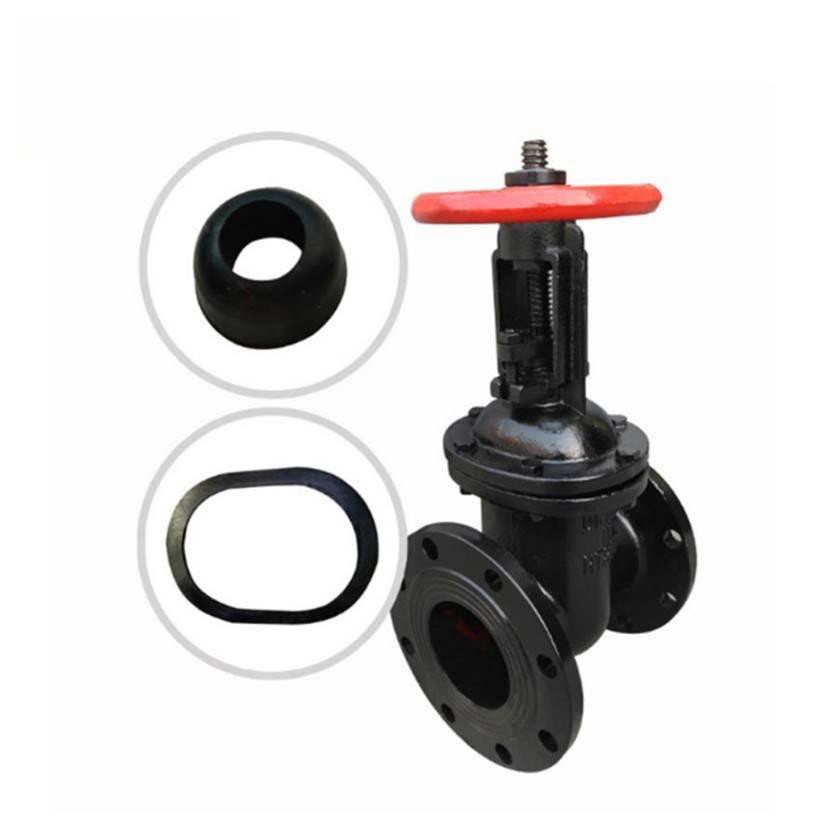Remote Control Ball Valve | Automatic Flow Control Solutions
The Advantages of Remote Control Ball Valves in Modern Industry
In today’s fast-paced industrial landscape, the demand for efficient and precise control mechanisms has led to the development of advanced technologies, among which remote control ball valves stand out. These innovative devices are revolutionizing the way fluid systems operate, offering significant advantages over traditional manual valves.
At the heart of a remote control ball valve is a sphere-shaped disc with a hole through its center, allowing fluid to flow through when aligned with the pipeline. The integration of remote control technology permits operators to manage this valve from a distance, enhancing both convenience and safety. The ability to control valves remotely is particularly beneficial in hazardous environments where manual intervention can pose serious risks to personnel.
One of the primary benefits of remote control ball valves is their capability to improve operational efficiency. By eliminating the need for physical access to valves, companies can streamline their processes significantly. This efficiency is further enhanced by automation systems that facilitate real-time monitoring and adjustments. Operators can quickly respond to changes in pressure, flow rates, or other operational parameters, ensuring optimal performance and reducing the risk of downtime due to faulty conditions.
remote control ball valve

Moreover, remote control ball valves are ideal for applications requiring frequent adjustments. Unlike manual valves, which can be cumbersome to operate, these remote-controlled devices can be adjusted with precision at the push of a button. This is particularly advantageous in industries such as oil and gas, water treatment, and chemical processing, where precise control over fluid flow is essential for maintaining safety and efficiency.
Additionally, the technological advancements in remote control systems have enhanced the reliability and durability of ball valves. Many modern remote control ball valves are equipped with fail-safe mechanisms, ensuring that they remain secure in the event of a power failure. This feature not only protects the equipment but also safeguards the environment from potential leaks or spills.
In conclusion, remote control ball valves represent a significant advancement in fluid management technology. Their ability to enhance safety, improve efficiency, and provide precise control makes them an invaluable asset in modern industrial applications. As industries continue to evolve, the adoption of these advanced devices is set to increase, paving the way for safer, automated, and more efficient operations. By investing in remote control ball valves, companies can not only optimize their production processes but also align themselves with the future of industrial automation.
-
Breakthrough in Domestic Low Temperature Valve Technology in ChinaNewsAug.18,2025
-
From Machinery to Intelligent Brain: The Digital Transformation Wave of the Valve IndustryNewsAug.18,2025
-
PCVEXPO 2025NewsAug.18,2025
-
The Key to Fluid Control: Exploring the Advantages of Ball Valves in Industrial SystemsNewsJul.09,2025
-
The Versatile World of 1, 2, and 3 Piece Ball ValvesNewsJul.09,2025
-
Stainless Steel Ball Valves: The Ideal Choice for Efficient Flow ControlNewsJul.09,2025
-
Optimizing Fluid Control with Ball Float ValvesNewsJul.09,2025




